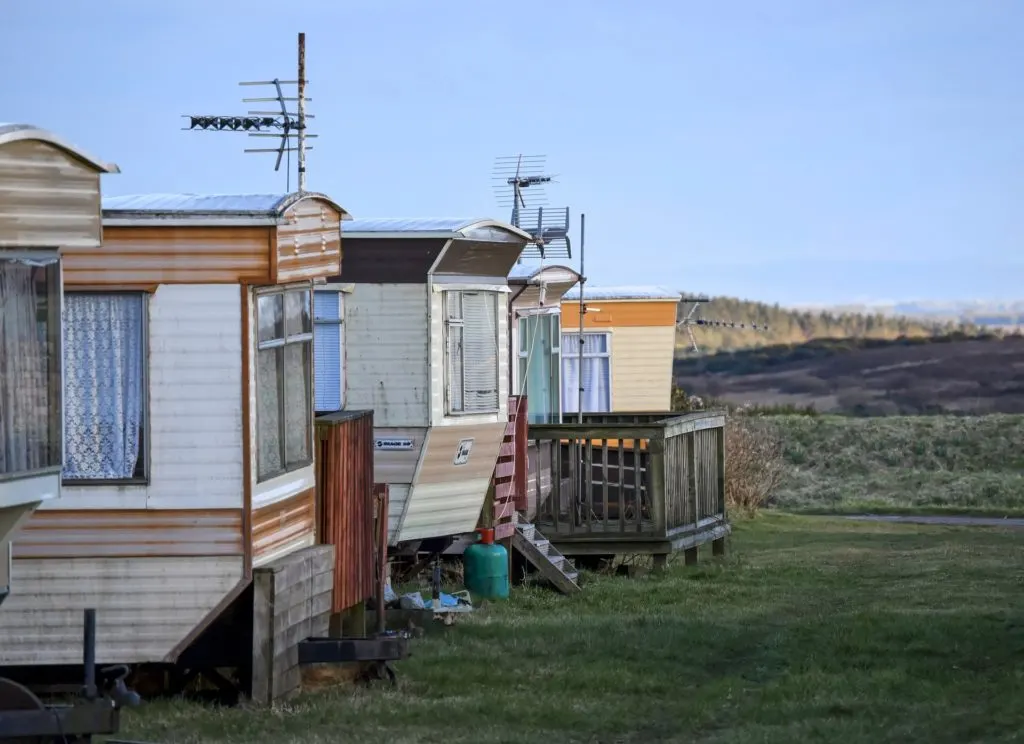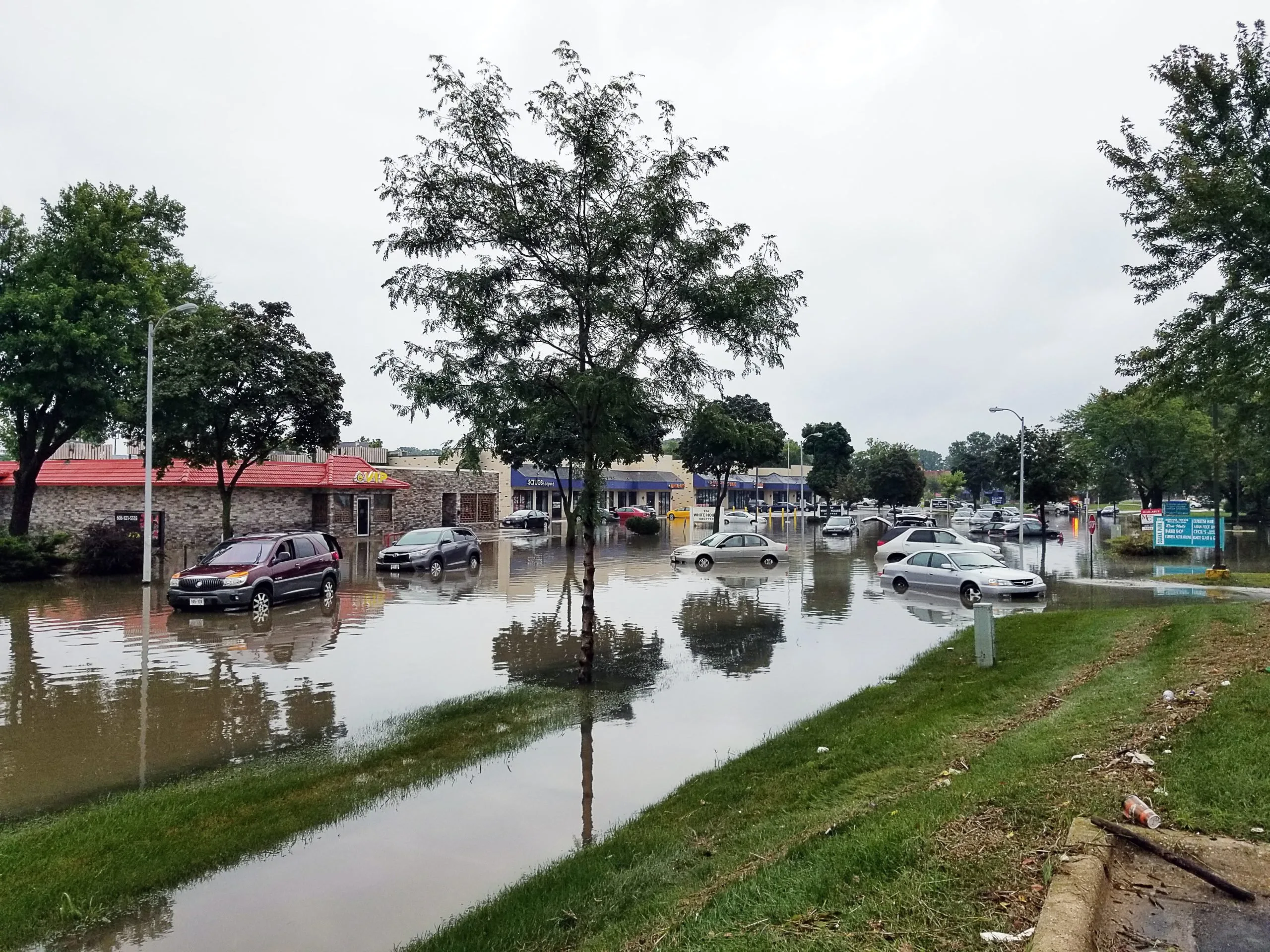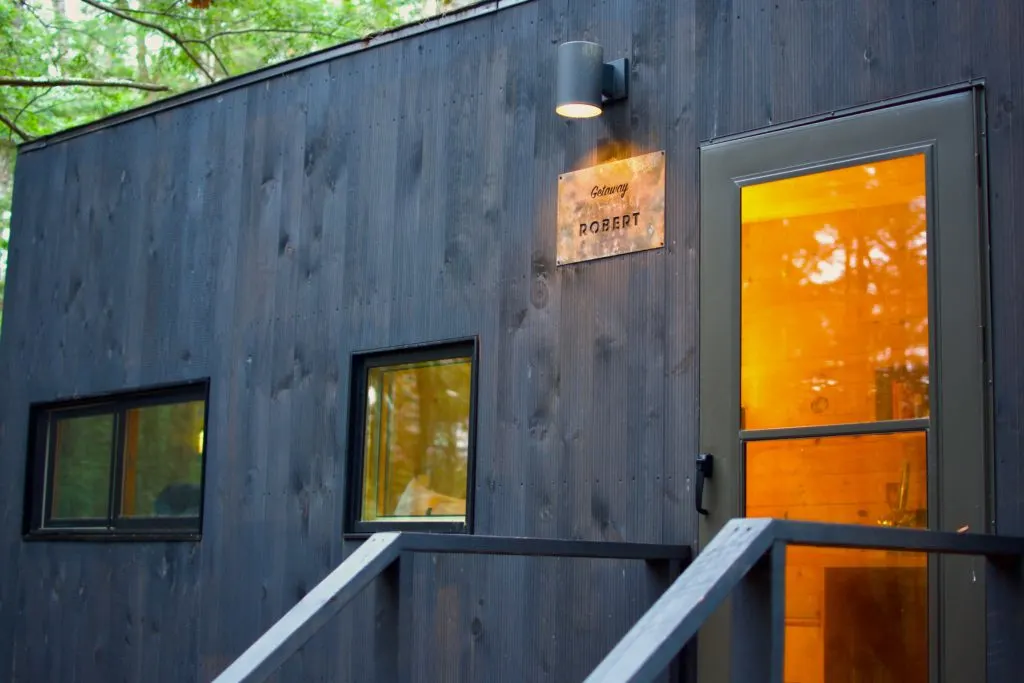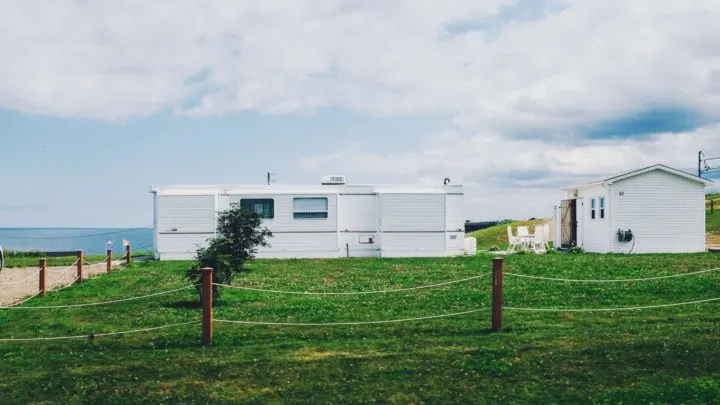Whether you’re a first time home owner or have lived in your mobile home for years, you may be wondering, “what are my rights as a mobile home owner?” We’ve compiled some important information about what it means to be a mobile home owner and tips on what to do when your rights as a mobile home owner are violated.

What are my rights as a mobile home owner?: I’m experiencing housing discrimination
If you have experienced discrimination on the basis of your sex or gender, race or ethnicity, or the composition of your family, you have the right to fight back.
No matter where you live, or what type of home you own, you are covered by a federal (national) law called the Fair Housing Act. This law was created to be sure that no one would be subject to lesser treatment in housing because of their race, color, sex, age, religion, disability, national origin, or familial status.
What could discrimination look like? Here are a few examples:
- You are asked to purchase a lot in a certain area because the other residents in that area share your race or national origin.
- You are a member of a minority religious group and you are told over and over again that your home is not ready to move into, when you know that it has been ready for some time.
- You are told that you have to leave a mobile home park because you added members to your household (i.e. a spouse or children).
- You are denied a loan and you believe it is an act of discrimination based on your race, color, sex, age, religion, disability, national origin, or familial status
These are just a few examples of discrimination that could take place in violation of the Fair Housing Act. In many places, there are also state and local ordinances that also prohibit discrimination based on sexual orientation and/or gender identity.
It is also important to note that there is one common exception to age discrimination. There are many communities reserved for residents who are over the age of 55, and this is perfectly legal. If you or anyone in your household is under the age of 55, you may not be able to live in one of these communities.
So, what do you do if you think you’ve experienced housing discrimination? You can file a complaint with the U.S. Department of Housing and Urban Development. Visit the HUD website for more information on what might happen after you file your complaint.

What are my rights as a mobile home owner?: I don’t own the lot I live on
While many people who live in mobile homes are the owners of their dwelling, it is less common that they also own the plot of land that the home sits on. It is important for you to know your rights regarding the leasing of space in a mobile home community.
The “landlord” has a number of responsibilities when it comes to maintaining living standards in the mobile home community. While regulations will vary depending on where you live, the following standards must be met no matter where you live.
- Landlords must keep the community safe and clean.
- They must keep water and other utilities in good working order.
- They must obtain your permission before entering your home for any reason.
If your landlord fails to meet these requirements, you likely have some recourse. The best way to address problems like the ones listed above is to contact your manufactured housing state association or regulatory agency.
Even residents who own their mobile homes outright sometimes face eviction if they are leasing the land their home sits on. There are some legitimate reasons why a landlord would evict a mobile home owner from their lot, including non-payment of rent, deliberate damage to community property, or other violations of community rules. Even in these cases, you may be able to fight your eviction. It is recommended that you contact your manufactured housing state association or regulatory agency when you receive an eviction notice for a potentially legitimate reason.
There are cases where a landlord’s attempt to evict you could be illegal. Any reason for eviction that violates the Fair Housing Act (discrimination based on race, color, national origin, religion, sex, familial status, or disability) is illigitimate and should be reported to the Department of Housing and Urban Development.
Regardless of the reason for your eviction notice, you can only be removed from your home by a sheriff with a court order.

What are my rights as a mobile home owner?: My home has been damaged
What to do when your mobile home is damaged depends largely on how the damage occurred. Here, we cover two types of damage that could impact your home.
Manufacturer Defect: If you find that there is structural damage to your home that was likely caused by the manufacturer, the first step is to contact the company you purchased the home from and see if you can resolve the problem directly with them. If this doesn’t work, you can then contact HUD and file a complaint against the manufacturer. You have the right to a safe and livable manufactured home, and if your home has not been constructed in compliance with HUD’s safety standards, the company is liable.
Weather and Natural Disaster Damage: If your mobile home suffers damage caused by natural disasters like hurricanes, floods, fires, and tornadoes, you are entitled to apply for aid from the Federal Emergency Management Agency (FEMA) to cover expenses not covered by insurance and other aid. However, many applications for FEMA aid are denied because residents are not able to produce the title to prove ownership of their home. Make sure you are in possession of your home’s title and all paperwork associated with the purchase of your home.

One last thing: know what kind of mobile home you own
It may seem like a minor detail, but it’s important to be certain about what type of home you own. There are a few different names for mobile homes that are often used interchangeably. Your rights as a homeowner may be different depending on the type of home you own.
When we’re talking about legal rights, the term “mobile home” is used to refer to a type of home that people tended to own in the 1960s and early 1970s. These homes were smaller than the type of home you might own today, and they truly were mobile. Many of them had wheels attached and could be easily moved around. The term is still used in common parlance today, but when it comes to advocating for your rights, make sure you know how your home is classified.
The United States Department of Housing and Urban Development (HUD) rolled out the Federal National Manufactured Housing Construction and Safety Standards Act in 1974. This law created stricter standards for the construction and design of mobile homes. In fact, they even decided to use a new name for homes built after 1974. Because this is a federal law, it overrides any regulations created by states and municipalities.
Because of the set of regulations put forth by HUD in 1974, what used to be referred to as mobile homes are now called manufactured homes. Manufactured homes are completely constructed in a factory and then brought to the plot of land where you want your home to sit.
You may have also heard of “modular homes”. These are similar to manufactured homes, but these homes are not regulated by the Department of Housing and Urban Development. Any regulations around the construction and safety standards of modular homes are regulated by the state or city where you live. The only thing that distinguishes modular homes from mobile homes is the way they are constructed. Modular homes are only partially assembled before being transported to the home site.
The law can be complicated, and it can be difficult to know exactly what our rights are as mobile home owners. But the most powerful tool you have at your disposal is knowledge! Continue reading about your rights as a mobile home owner by Google searching “what are my rights as a mobile home owner in [insert your state here]?”


Shelly
Wednesday 30th of August 2023
My mobile home has been sinking it just sits on a dirt foundation and when it rains all the water that collects runs under my home. O have also had roof damage do to the many branches that have fallen on my mobile home not just in storms but daily. Which has cause my roof to leak. I have written many letters yet can't get the owners to do anything . Is this my responsibility or is the land I rent theirs? Also they have made out a lease which I feel violates the rights of tenants. I need to sign but do not agree with many things they put in lease.
Catherine Marucci
Wednesday 30th of August 2023
If the trees are on city property, it may be worth contacting the city to have them cut back. - Cat Here are some other resources that may help: https://lowincomerelief.com/help-with-mobile-home-repairs/
michael zeisel
Monday 10th of July 2023
@Paul katosh, I know this but rent is paid in full. I am agree to the owner I don't like the that he is not thinking about the tenants just his self
michael zeisel
Monday 10th of July 2023
I owen my mobile in a mobile home park .a new wants to change my porch - deck and fence on a lot that I was renting.the owener has already raised the lot rent . what can I do over rhis
Catherine Marucci
Tuesday 11th of July 2023
Hi Michael. It may be worth checking the original contract/lease to see what it says they can and cannot do. Legal Aid may be able to help interpret it: https://lowincomerelief.com/legal-aid/
Debbie White
Monday 8th of May 2023
Who do I turn to when I have purchase a brand new mobile home and the company is not complying with the service issues warranty I have plumbing issues I have no hot water no working toilet in the master bathroom. A crack in the guest tub. The mobile home is on my property not in a mobile home park.
Catherine Marucci
Tuesday 9th of May 2023
You may need legal advice. https://lowincomerelief.com/legal-aid/
Barbara Considine
Tuesday 7th of March 2023
I have lived in a mobile home park for 16 years. It was always the policy that a new owner could assume the sellers lease. Our leases ran from may 1st of ever year until April 30th of the following year. All of a sudden the company changed this policy without written notification to our residents. Now the new owner can not assume the sellers lease at the same rent they must pay an increase of $100-$150 extra per month. We have a 3% increase cap in New York. Is this legal for the park owners to increase on new sales. Thank You
Catherine Marucci
Thursday 9th of March 2023
Hi Barbara. You may need to consult an attorney. https://lowincomerelief.com/legal-aid/